World Ocean Day is just around the corner, coming up this Saturday, June 8! At the NOAA Marine Debris Program (MDP), we are taking this time to think about the ocean and all the ways it helps us. From the oxygen we breathe, to the food we depend on, a place to play, and even jobs, the ocean gives us a lot.
Unfortunately, we also add things to the ocean that don’t belong there, such as plastic bottles, cigarette butts, and even fishing gear. All this debris can sometimes feel like an overwhelming and large problem to solve, as pictures of littered beaches and injured wildlife scroll across our social media. However, because this problem is man-made, we can all do something to help and make a difference! The MDP is proud to have partners around the country that help us take on marine debris and give back to our ocean. Our team picked out this list of partner projects that make us feel positive, and fuel our ‘ocean optimism!’
In Southeast Alaska, Tenakee Springs is inaccessible by road, and the town itself only features a long, wide trail that the fewer than 100 residents use to get around by foot, bike, or all-terrain vehicle. In this extremely remote area, residents began to notice debris, such as plastic bottles, cans, foam, and floats, washing up on the inlet’s shores, as well as other debris that had been sitting in the town, including old house boats and legacy fishing gear.
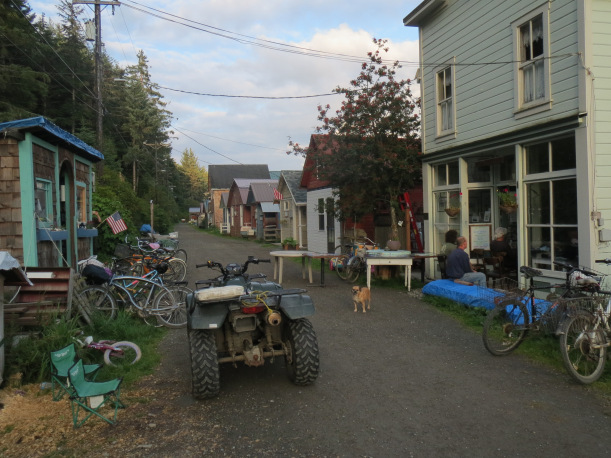
With support from a 2012 removal grant from the MDP, Tenakee Springs residents cleaned over 35 miles of shoreline, removing almost 3.5 tons of debris, and volunteering over 800 hours of their time (that’s more than 8 hours for every resident)! Some residents even reused pieces of debris, incorporating remnants from old house boats in the construction of a new cabin in town, and they were able to use excess space on a barge to haul debris to Juneau for disposal.
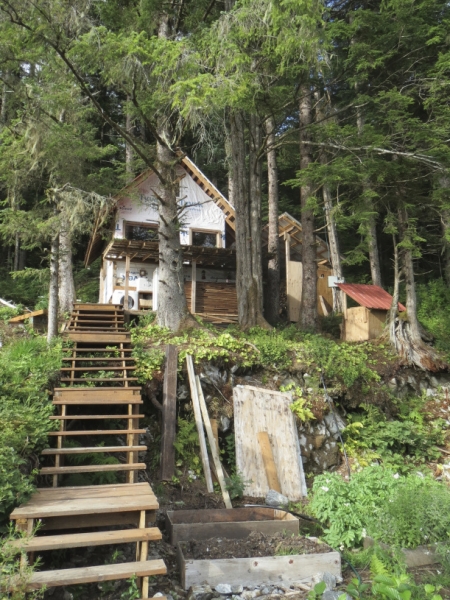
In California, Clean Water Fund's ReThink Disposable project works with the restaurant industry to reduce single-use disposable items and restaurant costs, in a win-win for business and our ocean. Through a 2015 prevention grant from the MDP, 12 new ReThink Disposable businesses became certified in Santa Clara County, California. These small, locally-owned businesses not only eliminated over 1.4 million single-use disposable items and prevented 24,265 pounds of waste and 71 metric tons of greenhouse gas emissions, but also saved an average of $5,963 a year.
These small locally-owned businesses eliminated over 1.4 million single-use disposable items, prevented 24,265 pounds of waste and 71 metric tons of greenhouse gas emissions, and saved an average of $5,963 a year.
Support from NOAA allowed the Clean Water Fund to launch a major expansion for ReThink Disposable, signing new multi-year city contracts to certify up to 60 new food businesses and 5 institutions in Santa Clara County, and received a major award from the California Ocean Protection Council to work with businesses on Alameda Island.
Through a 2018 removal grant from the MDP, Ocean Aid 360, in partnership with the Coastal Conservation Association Florida, mobilized boaters, anglers, and industry members to detect and remove over 17,000 pounds of derelict crab traps and other marine debris from Florida’s Tampa Bay estuary. To accomplish this goal, they conducted awareness campaigns and a Ghost Trap Rodeo event series, which featured six marine debris removal competitions. The Ghost Trap Rodeo events were organized like shallow water fishing tournaments, but instead of weighing in fish, event participants weighed in abandoned crab traps, fishing gear, and other forms of marine debris, winning prizes for the biggest haul.
The City of Cleveland Mayor’s Office of Sustainability, worked with partners to conduct research on social barriers to reduce the use of single-use plastic water bottles and plastic grocery bags, which are common debris items in the city. Researchers found that the most common reason people do not choose reusable bags and bottles, is that they simply forget them. Working with this knowledge, a pilot social marketing campaign was developed and implemented, titled Don’t Break the Lake. Through a 2015 prevention grant from the MDP, signage was placed in a local grocery store, window clings were distributed for in-car reminders, and water refill stations were made available at public events. Preliminary results indicate that the number of reusable bags being used in the grocery store has increased and the city is continuing the campaign!
Researchers found that the most common reason people do not choose reusable bags and bottles, is that they simply forget them.
Over the past two years, Sea Turtles Inc., located on South Padre Island in Texas has been working to raise awareness of the effects of marine debris on endangered sea turtles in the lower Laguna Madre and Gulf of Mexico. Through a 2016 prevention grant from the MDP, Sea Turtles Inc. has created permanent, bilingual marine debris education displays and engaged the community in cleanups.
This past year, they opened a new facility, which features an interactive marine debris tunnel to help educate and engage visitors and students. They also created signs in English and Spanish to place at jetties and piers educating visitors on the harm marine debris can cause wildlife, and contact information for responders to sea turtles or marine mammals in distress. Since the project started in 2016 they have seen a decline in the number of entangled sea turtles at the jetties!
Balloons are unique type of marine debris because they are often purchased in order to be intentionally released into the environment, and there is a lack of awareness of their impact. Across the Mid-Atlantic, the Coastal States Stewardship Foundation is working closely with state partners, through a 2018 prevention grant from the MDP, to research and reduce the release of balloons throughout the region by conducting balloon debris cleanups, interviews with balloon vendors, and focus group analyses to increase public awareness of the issue. This project will expand the key messages of the Joyful Send-off Campaign, piloted by the Virginia Coastal Zone Management Program, to encourage send-off activities that provide memorable, joyful, picture-perfect, and litter-free alternatives to balloon releases.
Balloons are unique type of marine debris because they are often purchased in order to be intentionally released into the environment
Last year, in partnership with NOAA Fisheries, the MDP helped build and install monofilament recycling bins along the Massachusetts coast. These receptacles provide a safe place for recreational fishers to deposit their used or tangled fishing line, keeping it out of the waterways and inspiring stewardship amongst the next generation of anglers. After receiving positive community feedback following the initial distribution, partners began requesting additional bins. An additional 30 bins were constructed, and are being assigned to partners as the weather warms and recreational fishing picks up in New England. Other regions took notice and this year, 70 new receptacles are being constructed across Galveston Bay, Texas and O‘ahu, Hawai‘i.
The Galveston Bay Area Chapter [of] TX Master Naturalist has adopted this project to help us in our efforts to confront plastic pollution in our area. -Galveston Bay Area Chapter – TX Master Naturalist.
From 1947-1990, the Hawaiian island of Kaho‘olawe was impacted by U.S. Navy military training. To this day, much of its land and surrounding waters are littered with unexploded weapons. Additionally, because of its location and currents, Kaho‘olawe is prone to marine debris accumulation, which further impacts the environment on and around the island. Kaho‘olawe Island Reserve Commission (KIRC) protects and restores the island’s cultural and environmental resources. With the support of a 2013 removal grant from the MDP, KIRC led the removal of an estimated 10 tons of debris and restored 2.82 acres of coastline.
If anyone doubts that one person can make a big difference in the long term effort to reduce marine debris, Russ Lewis and his fellow volunteers at the GrassRoots Garbage Gang in Long Beach, Washington, provide an inspiring example. Since 2012, Russ, with help from other volunteers and MDP support, has removed tens of thousands of pounds of marine debris from the Long Beach Peninsula, especially the northernmost seven miles. Russ also inventories and reports on balloons found on the beach, conducts shoreline surveys of marine debris, assists researchers interested in invasive species found on debris, and provide reports of the highlights of his findings, as well as wildlife he sees on his route.
If anyone doubts that one person can make a big difference in the long term effort to reduce marine debris, Russ Lewis and his fellow volunteers [...] provide an inspiring example.
Since 2013, the North Carolina Coastal Federation (NCCF) has worked with the North Carolina Division of Marine Fisheries Marine Patrol, North Carolina Sea Grant, and commercial watermen to remove derelict pots from North Carolina waters during an annual, temporary closing of their fishery. The project started as a pilot, where the NCCF, with support through a 2015 removal grant from the MDP, hired commercial watermen to help locate and remove derelicts pot in the Albemarle and Pamlico Sounds.
Over the years, the project expanded to all coastal waters in the state and NCCF hired more than 170 watermen, who removed close to 9,000 traps, and developed a video about the project. Since 2017, the North Carolina General Assembly has provided state funding to support these efforts. By removing this derelict gear, impacted habitats can recover, navigation hazards are reduced, and harvestable species populations are protected, as are commercial watermen’s livelihoods.

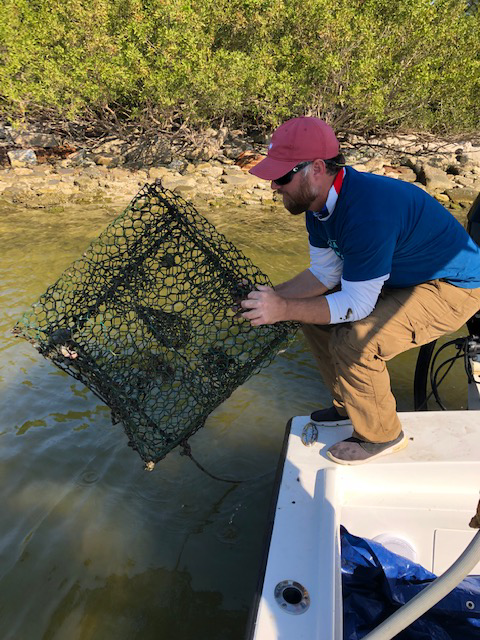
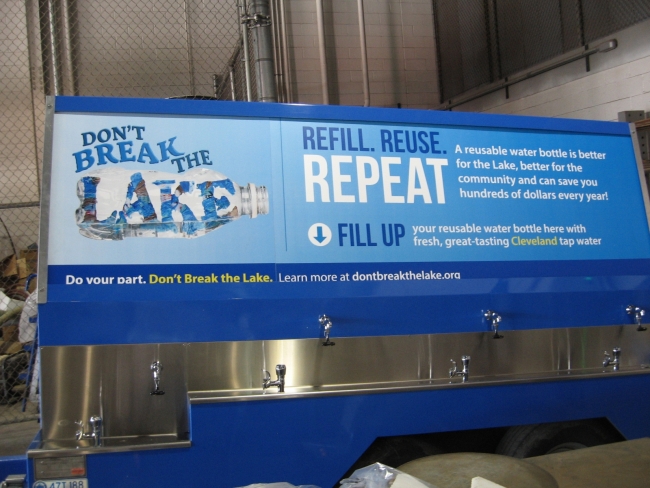
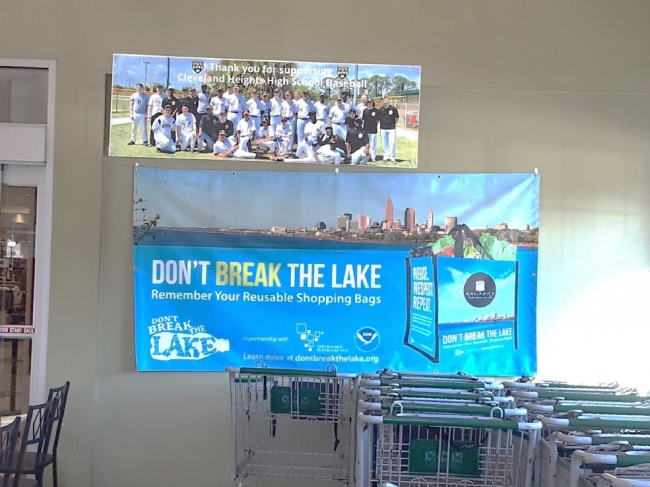
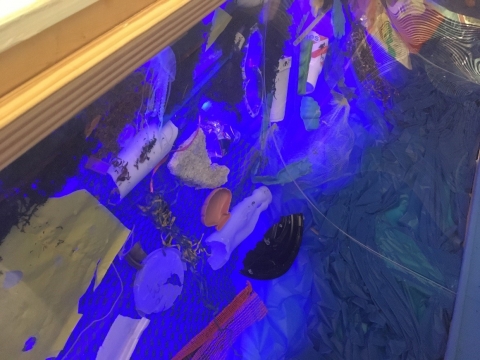
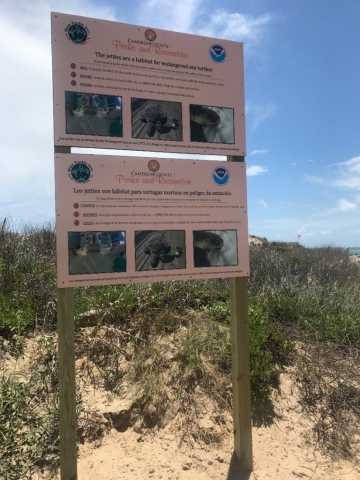
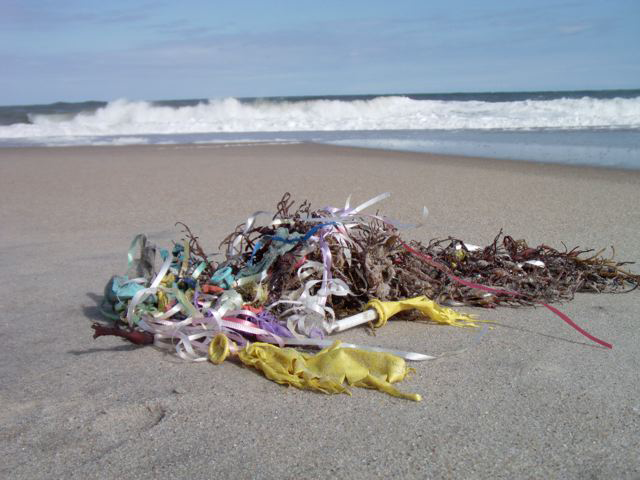
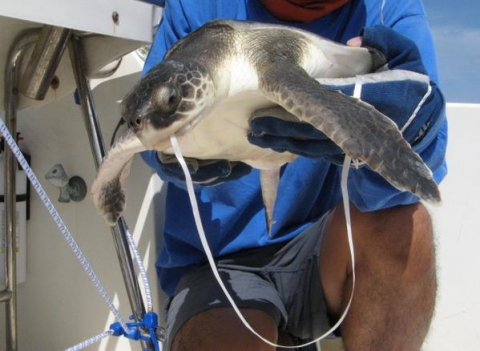

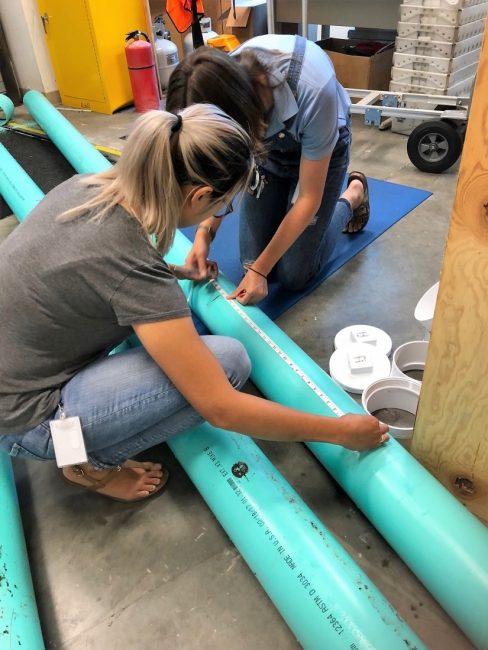
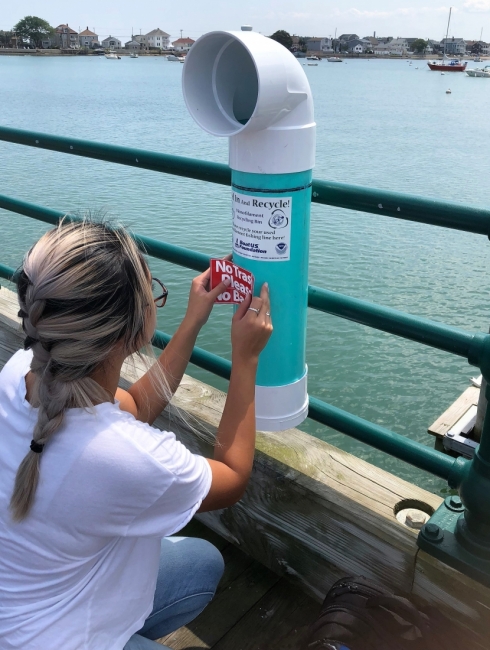
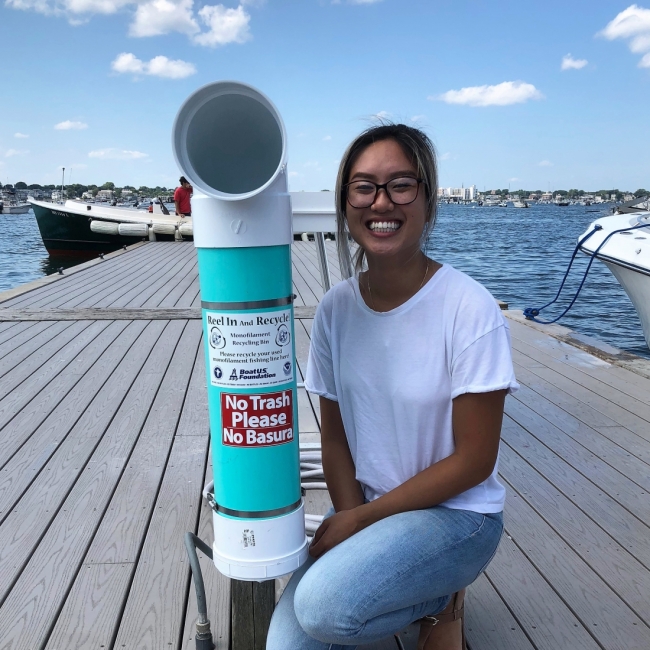
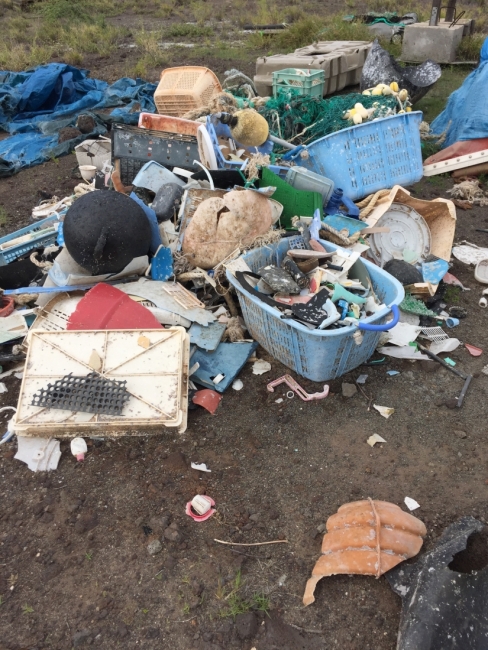
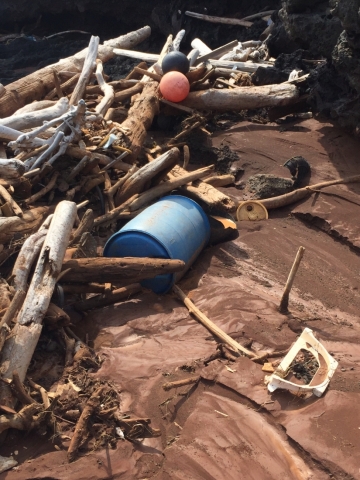
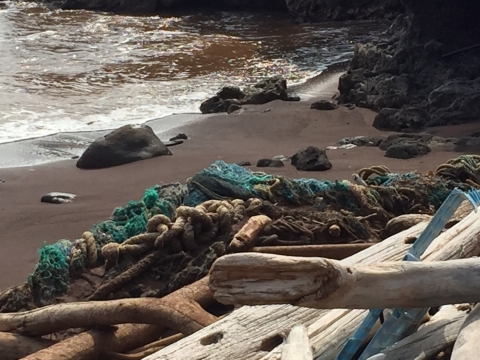
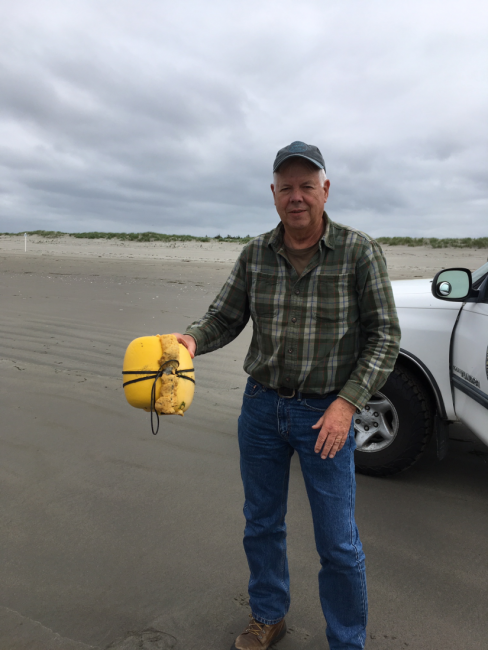
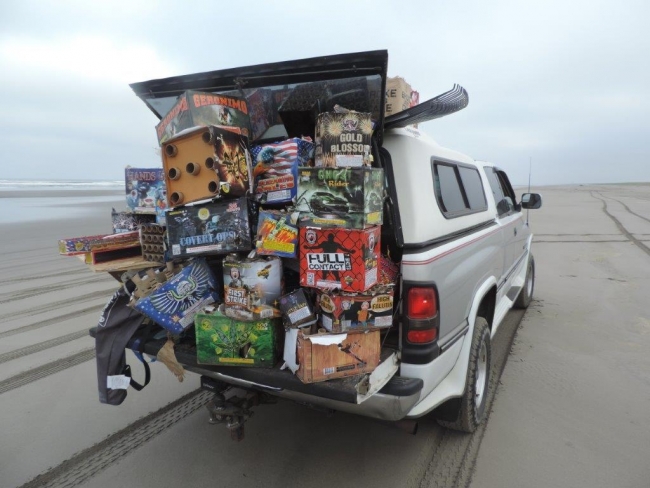
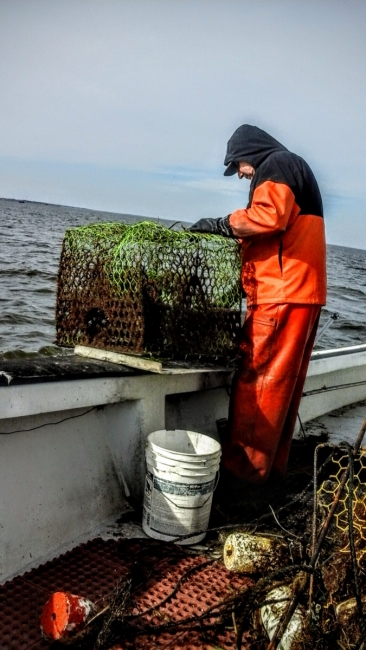
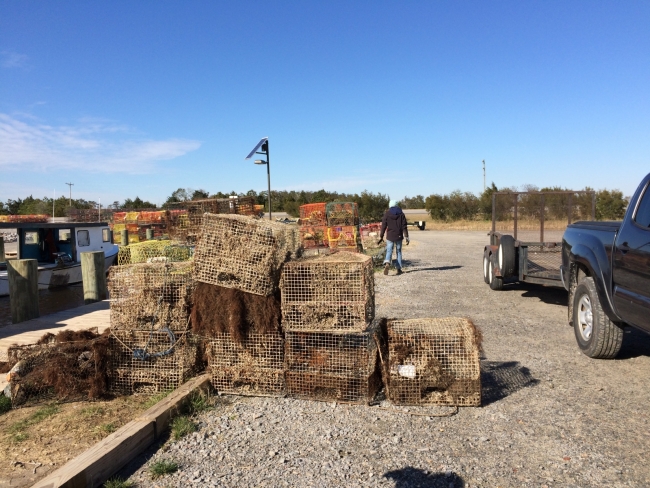

I am interested in joining a group that are near to me. I live in Port Jefferson, NY 11777. Please advise as I actively clean the shores of my private beaches.